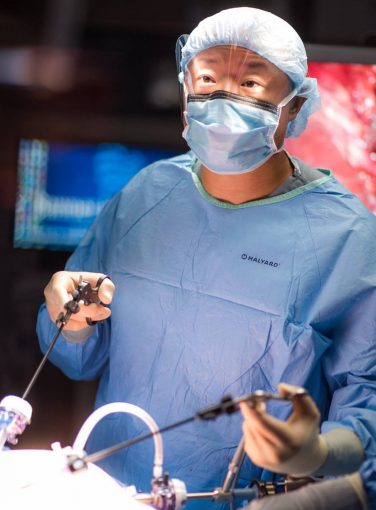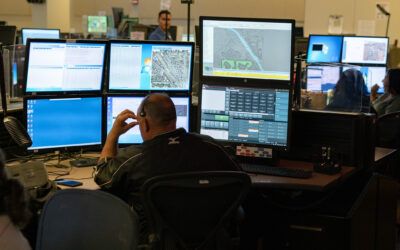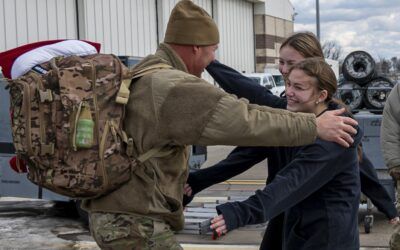EPISODE 18
Dr Andrew Tang

Dr Tang is the Trauma Director at Banner University Medical Center in Tucson, AZ
Doctor Tang is a trauma surgeon, professor of surgery, and the Director of Trauma at the University of Arizona Medical Center in Tucson, AZ. Doctor Tang joins Mike and Jim to discuss things related not only to trauma and medicine, but also leadership, teaching, and working under pressure. Hear the Doc explain what he knows about certain prehospital practices and what we could do better as part of a larger trauma system. Are chest seals worth while? Should we transport people in the back of police cars? What are your odds of survival if you get shot? Hear the answers to these questions and more in this episode!
Link:
Philadelphia Police Begin Transporting Trauma Victims
Be sure to check out the Southwest Regional Trauma Conference here
Photo used with permission, Credit: Roni Ziemba, Ziemba Photographic Arts, and on Facebook @ziembaphoto
Like what we’re doing? Head over to Patreon and give us a buck for each new episode. You can also make a one-time contribution at GoFundMe.
Intro music credit Bensound.com
CLICK BELOW TO SUBSCRIBE NOW ON YOUR FAVORITE PLAYER
THANK YOU TO OUR SPONSORS! PLEASE GO CHECK THEM OUT
Recent Episodes
Times Jim Has Called 911
Jim tells Mike about some of the emergencies he has faced on the ground. We discuss when to call 911, what to tell them, and what first aid Jim applied as well as whether he got sued for helping someone. Did he thwart a murder plot in a hot air balloon? What exactly is degloving? Tune in and find out.
Balance: Pace Yourself, it’s a Marathon, not a Sprint
The boys talk us through how to achieve work-life balance in full commitment jobs like aviation, law enforcement, emergency medical services, and other critical roles.













0 Comments